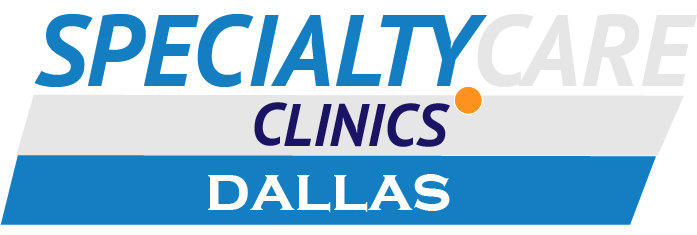Auto accidents, even seemingly minor ones, can have a significant impact on your health. While emergency rooms handle life-threatening situations, primary care physicians are essential for managing the aftermath of an auto injury. They provide continuity of care, address non-life-threatening injuries, and coordinate necessary follow-up treatments, ensuring a comprehensive recovery process.

The Importance of Primary Care After an Auto Injury
Primary care physicians play a vital role in:
- Initial Assessment and Evaluation: Conducting thorough physical exams and reviewing medical history to assess the extent of injuries.
- Diagnosis of Common Auto Injuries: Identifying and diagnosing injuries such as whiplash, soft tissue damage, and minor fractures.
- Pain Management: Providing pain relief through medication, therapies, and lifestyle recommendations.
- Coordination of Care: Referring patients to specialists like orthopedists, physical therapists, and neurologists as needed.
- Monitoring Recovery: Tracking progress, adjusting treatment plans, and addressing any new symptoms or complications.
- Documentation and Reporting: Maintaining accurate medical records and providing necessary documentation for insurance and legal purposes.
Common Auto Injuries Treated by Primary Care Physicians
- Whiplash: A neck injury caused by sudden back-and-forth movement of the head.
- Soft Tissue Injuries: Sprains, strains, and contusions affecting muscles, ligaments, and tendons.
- Back Pain: Lower back pain, often caused by muscle strains or disc injuries.
- Headaches: Tension headaches or post-concussion headaches.
- Minor Fractures: Fractures of small bones, such as fingers or toes.
- Abrasions and Lacerations: Minor cuts and scrapes requiring wound care.
The Primary Care Approach to Auto Injury Treatment
Initial Consultation:
- Detailed medical history review, including the circumstances of the accident and current symptoms.
- Physical examination to assess pain, range of motion, and neurological function.
- Ordering diagnostic tests, such as X-rays or blood tests, as needed.
Treatment Plan Development:
- Creating a personalized treatment plan that may include:
- Pain medication (over-the-counter or prescription).
- Muscle relaxants.
- Physical therapy referrals.
- Recommendations for rest and activity modification.
Follow-Up Care:
- Scheduled follow-up appointments to monitor progress and adjust treatment as needed.
- Addressing any new symptoms or complications that may arise.
- Providing ongoing support and education on injury management.
Referral to Specialists:
- Coordinating referrals to specialists for more complex injuries or conditions.
- Ensuring seamless communication and collaboration between healthcare providers.

The Benefits of Choosing Primary Care for Auto Injury Recovery
- Continuity of Care
Primary care providers offer consistent, long-term care, ensuring you don’t fall through the cracks during recovery.
- Cost-Effective Treatment
Compared to emergency rooms or specialists, primary care clinics provide affordable care without compromising quality.
- Patient-Centered Approach
PCPs focus on your unique needs, offering compassionate care and building trust throughout your recovery journey.
FAQs
1. When should I see my primary care physician after an auto accident?
It’s best to see your primary care physician within a few days of the accident, even if you don’t have immediate symptoms.
2. What should I bring to my primary care appointment?
Bring your insurance information, accident report, and any medical records from emergency room visits.
3. How long will it take to recover from an auto injury?
Recovery time varies depending on the severity of the injuries. Your physician will provide an estimated timeline.
4. Will my primary care physician handle insurance paperwork?
Your physician will provide necessary medical documentation, but you are responsible for filing insurance claims.
5. Can I see my primary care physician if I have legal questions about my accident?
Your physician can provide medical documentation, but legal questions should be directed to an attorney.
Conclusion
Primary care physicians are essential for managing the aftermath of an auto injury. They provide comprehensive care, from initial evaluations to ongoing recovery support, ensuring patients receive the necessary treatment and guidance to return to their normal lives. By choosing primary care for auto injury management, you can benefit from personalized care, effective pain management, and coordinated referrals, ensuring a smooth and successful recovery.
Reach out to our Primary care for auto injury treatment (469) 884-1975 or visit us https://sccdallas.co/
